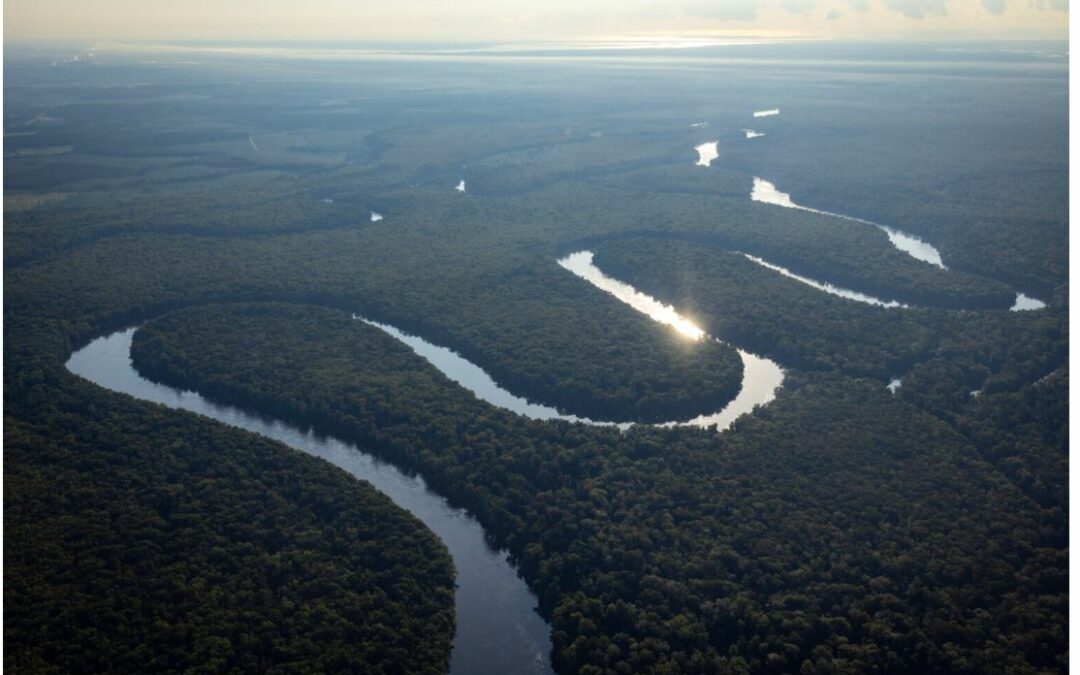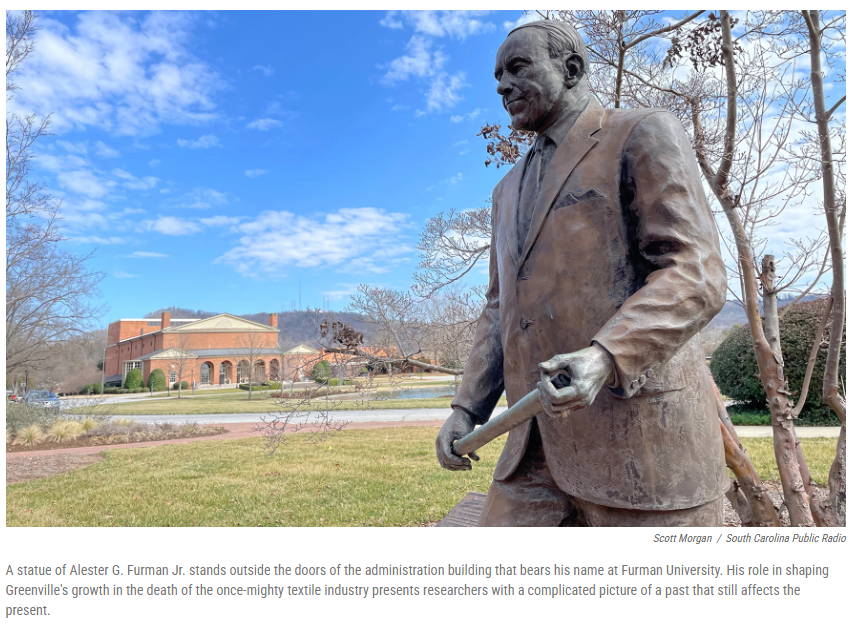SOUTH CAROLINA: Largest conservation easement project in SC history underway with $50M grant
COLUMBIA — More than 62,000 acres of land in the Pee Dee are slated for protection, marking the largest conservation easement project in the state’s history, according to a conservation group helping to arrange it.
A $50 million federal Forest Legacy grant will make up the “lion’s share” of funding for the properties in Georgetown, Williamsburg and Marion counties, most of which will remain private forestland, said Doug Wood, spokesman for the South Carolina Forestry Commission.
A to-be-determined part of the remaining $20 million cost is expected to come from state taxes. That amount will depend on how much is covered by private investments and other grants.
Land conservation has been a priority for state leaders, who want to protect natural environments while promoting industry and handling an influx of residents, especially along the coast, Gov. Henry McMaster wrote in a letter to the U.S. Department of Agriculture.

“We recognize the importance of preserving this heritage and environment,” McMaster wrote in May to support the state’s grant application. “Our approach strongly emphasizes the symbiotic relationship between economic prosperity and environmental stewardship, underlining that they are not mutually exclusive but rather interdependent goals.”
The Santee, Black and Pee Dee rivers all run through land slated for protection. Keeping those areas undeveloped will help reduce flooding by absorbing overflowing water, state Chief Resilience Officer Ben Duncan said in a statement.
“In the face of increasing environmental change and natural hazards, it is more important than ever that we look to nature-based solutions to protect communities, economies, and ecosystems,” Duncan said.
About 7,500 acres of the land are expected to be open to the public. Of that, 880 acres will expand the Wee Tee State Forest. The rest will go toward two new wildlife management areas, where people can hunt, fish and hike, according to the Tuesday news release.
The $50 million grant is not South Carolina’s first through the U.S. Department of Agriculture’s Forest Legacy program. But it’s by far the largest.
Ahead of Tuesday’s announcement, the federal program had collectively awarded $52 million for 14 projects since 2000.
Nationwide, the federal agency announced a combined $265 million that will help preserve nearly 335,000 acres of forestland across 17 states.
The bulk of the land in South Carolina will remain privately owned. The conservation easements will limit what can happen on the land, regardless of who owns it. That can protect it from sand mining and development but allowing timber harvesting to continue, according to the release.
“These are some of the most productive timberlands in the southeast,” State Forester Scott Phillips told the SC Daily Gazette. “This is really critical to support industry in that area.”
Paper mills and saw mills rely on timber harvested in the state for business, Phillips said. Timber is estimated to have an impact of $23 billion on the state each year, according to the Forestry Commission.
Around 900 people work at hard and softwood mills in the Pee Dee region, according to the news release.

Properties lose value when they lose the potential for development or other activities, so much of the money will go toward paying four landowners for the difference, according to the Open Space Institute, a land protection group.
“This is a historic moment for South Carolina,” said Maria Whitehead, the group’s senior president of land for the southeast.
The South Carolina Forestry Commission will oversee the land to ensure it remains within its intended uses.
Because the commission is less focused on public access than other state agencies, it’s better equipped to hold easements that will remain private. This is the first time the commission has held an easement, but the plan is to expand into overseeing more properties, Phillips said.
“We’ve got to use all the tools in the toolbox to protect all the forest lands in South Carolina,” Phillips said.
Phillips worked in some of these same forests during his first job as a forester with the state around 25 years ago. With the rivers running through acres of bottomland hardwood trees and leading out to the coast, he knew this was a place worth protecting, he said.
“Each one of (the properties) has their own unique values that they bring into the project,” Phillips said.
Managing land, especially tens of thousands of acres, comes with a cost. Atlantic Packaging, an international packaging company with offices in Charleston, created a fund to help offset those costs for the forestry commission.
Because the company benefits so much from timber production in its packaging products, it agreed to help protect the forests that make it, company president Wes Carter said in a news release.
“Investing in this project was a natural fit for our company, and we congratulate everyone involved in this tremendously important work,” Carter said.
Along with timber trees, the project will protect at least 115 plant and animal species considered a priority for protection in the state. Among them are Atlantic and Shortnose sturgeons, as well as species of mussels and crayfish, according to the news release.
The groups expect to close on the land by the end of 2025, according to the news release. In the meantime, the state agencies involved will need to go through lawmakers’ multi-step approval process for projects.
“We’ve still got a tremendous amount of work to do,” Phillips said.
–scdailygazette.com



